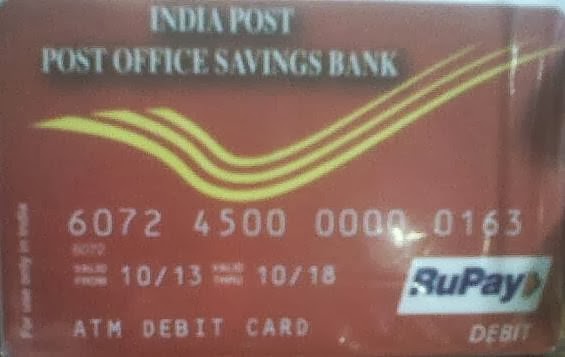Hon'ble President of India released commemorative postage stamps on musicians
India post today released a set of eight commemorative stamps on maestros of Indian Classical Music honouring their contribution. The set of stamps feature such legends like Ali Akbar Khan, Bhimsen Joshi, D.K. Pattammal, Gangubai Hangal, Kumar Gandharv, Mallikarjun Mansur and Ravi Shankar, Vilayat Khan.
|
Renowned Hindusani Classical Singer Smt. Padmaja Fenani-Joglekar released the commemorative stamps at a function held in the bicentenary hall of Mumbai GPO.
|
At a main function organised at Rashtrapati Bhavan in New Delhi, President Pranab Mukherjee paid his tribute to those Indian music maestros. “ He said, these eight maestros are, without a doubt, among the tallest luminaries in the history of world music. They have not only achieved personal perfecton but have made extraordinay contributions, in their respective fields, to the development and evolution of the schools of music in which their talents were nurtured and honed. Their contribution and its enrichment of our cultural heritage cannot be quantified or estimated. It is infinite in its resonance and their names will be mentioned with great reverence. Their music will be cherished by the young and old, for many decades to come”.
|
Ali Akbar Khan, also known as Khansahib or Ustad, was Hindustani classical musician of Maihar Gharana, known for his virtuosity in playing the Sarod. He was instrumental in popularising Indian classical music in the West, both as performer and a teacher. Ali Akbar Khan received the Padma Vibhushan in 1989.
|
Bhimsen Joshi, a renowned vocalist of Hindustani music, went on to be acclaimed for khayal form of singing and devotional music. He sang for several films and received the National Film Awards for Best Playback Singer He was awarded the Sangeet Natak Akadem Fellowship in 1998 and the Bharat Ratna in 2008.
|
D.K. Pattammal, a legendary singer of Carnatic Music, began rigorous training in music and gained recognition for her singing ability in her teens. The greatest turning point in her career was when she ventured into singing the Ragam – Tanam – Pallavi, which was then considered the exclusive domain of male singers, and earned her the tittle Pallavi Pattammal. She is the first Carnatic singer and probably the only one to have given concerts for 75 years with many international performances. She received many awards with the notable ones being the Sangeet Natak Akademi Fellowship, Padma Bhushan and Padma Vibhushan. Gangubai Hangal, was initiated into music by her mother, Ambabai, who was also an eminent Carnatic Singer, At the age of 11, Gangubai sang the welcome song in the Congress session at Belgaum in 1924 where Mahatma Gandhi, Pandit Jawaharlal Nehru and Sarojini Naidu were present. Since her first public concert in Mumbai in 1931, Hangal went on to record discs with HMV and appeared in live programmes of All India Radio. She was conferred the Tansen Award in 1984. Padma Bhushan in 971 and Padma Vibhushan in 2001.
|
Kumar Gandharv or Shivputrappa Komkalimath, a noted Hindustani Classical singer, well known for his unique vocal style. He experimented with other forms of singing such as Nirguni bhajans, folk songs and with both ragas and presentation, often going fro fast to slow compositions in the same raga. He was awarded Padma Vibhushan in 1990.
|
Mallikarjun Mansur, Hindustani classical singer of the khayal style in the Jaipur-Atrauli gharana statted his music training with Carnatic music and later learnt Hindustani music in which he excelled. He was well known for his command over a large number of rare ragas such as Shuddh Nat, Asa Jogiya and Hem Nat. He received the Padma Shri in 1970, Padma Bhushan in 1976 and Padma Vibhushan in 1992.
|
Ravi Shankar, the sitar maestro, was exposed to both Indian and western dance and music. He gave up dancing in 1938 to elarn Sitar. After completion of his studies in 1944, he worked as a composer for the Apu Trilogy by Satyajit Ray and was muci director of All India Radio, New Delhi from 1949 to 1956. He popularised Indian classical music through teaching and performances. He was nominated Memebr of Rajya Sabha from 1986-1992. He was awarded the Bharat Ratna in 999.
|
Vilayat Khan was one of the great pioneers of Indian classical music who introduced the music to the West along with ravi Shankar, Ali Akbar Khan and others. He recorded his first 78-RPM disc at the age of 8, and gave his alst concept in 2004 at the age of 75. Though he was awarded the Padma Shri, Padma Bhushan and Padma Vibhushan, he refused to accept them.
|





Comments
Post a Comment